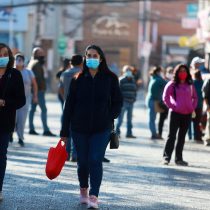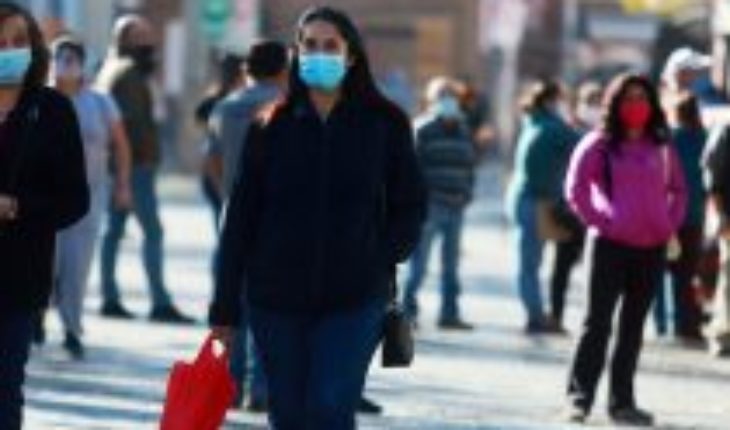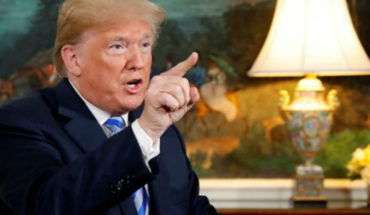
Clearly the virus has accelerated the future to which Chilean society was going.
We still don’t know how we’re going to end up responding to the pandemic, but what is clear, has quickly changed our daily ways of socializing and how we imagined the future would be.
If we talked about telework 20 years ago, we assumed that we could work from home and from remote places, avoiding tacos and improving our quality of life, apparently that would be possibly happening. On the other hand, 20 years ago, we also thought that technologies would allow us to enjoy the city in a more enjoyable way, that does not yet happen, because we are still confined, but it could be part of those opportunities that the virus brings us.
Major crises are full of possibilities that we can use to generate improvements. Once the crisis is settled, it seems to call into question the main paradigms, so the call is to open the windows and look at the horizon in search of opportunities. Herein lies our ability to leave no room for populist, simple discourses, which aim to provide immediate solution to anything that seems at least disturbing.
No one could deny, that we need those opportunities to be for everyone, so that we all benefit from remote work, the taco-free city, cleaner, safer and healthier.
We have three chances to face this future that has come forward. While none of these are comfortable for national reality, that is positive, because it takes us right out of the comfort space, which tends to curb the possibilities of change.
The first option will be called the “throw it out” strategy, which is to face the future as it comes, making it possible to configure the new forms required by a modern society. This implies, in order of public policy, to prioritize budget for the urgent and then for what is important, in this order: health, education, housing for all citizens of Chile.
The second option will be called the “copy paste” strategy, which involves looking at the countries that have faced the crisis better, assuming that they are going the right way, assuming that that future is what we should achieve, and therefore trying to assimilate in the best possible way. In a way the world is confronted with this strategy, but it involves being careful because it can easily lead to polarization, which we already know does not allow us to move beyond the politically established.
The third exit will be called the “as I go there” strategy, which, while it implies changes in the path of a better future, these are planned in the short term, therefore, they would be mostly a make-up to leave everything as it is so far, to emerge from the crisis, and to become a country again without much national projection and therefore with high degrees of deepened inequality. Maybe that’s why we’re hellbing about the pandemic as if it overwhelmed us in itself. This threat leads us to force reality, however flat it may seem, towards a reflection of meaning. In this way, we avoid succumbing to the populsms, who threaten forcefully where fear is installed.
None of the 3 strategies is comfortable, as we stated above, since they all involve leaving the comfort space, a question that is never easy, nor pleasant. That is what is happening, because we are faced with a future that has been ahead of us and decision-makers will have to resolve among which are the most appropriate paths.
In this sense, the bill that lowers the diet of the word, which is now in the hands of the Council of High Public Management, called to promote the modernization, professionalization and transparency of public management, will be an important signal regarding how we are deciding to face this future that advanced the health crisis.
The content poured into this opinion column is the sole responsibility of its author, and does not necessarily reflect the editorial line or position of El Mostrador.





